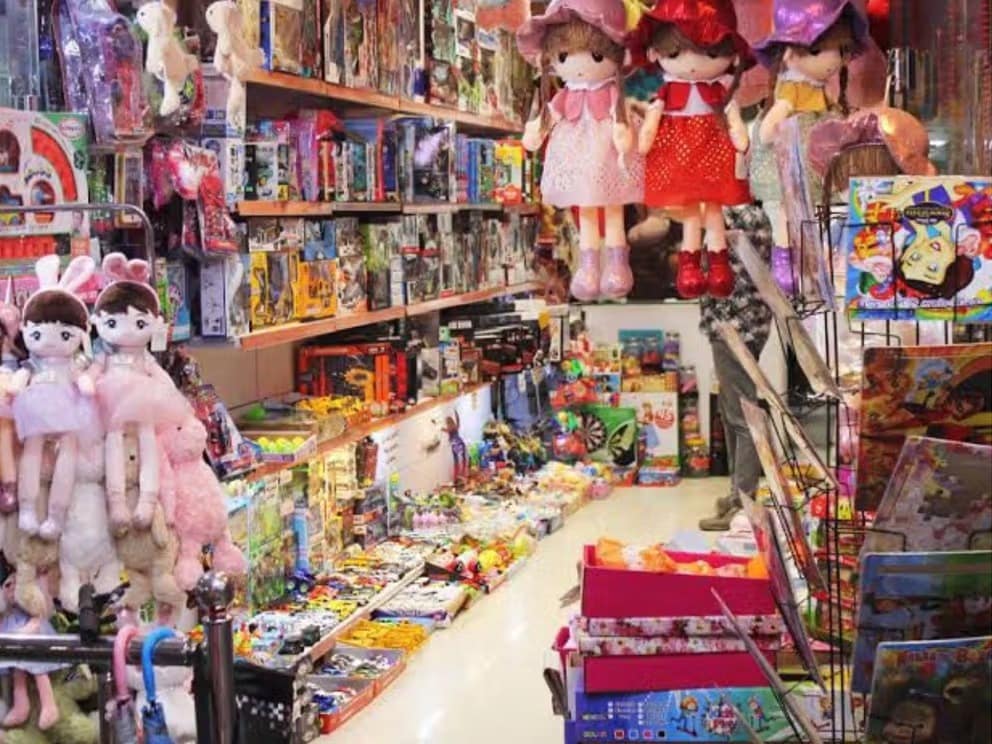In yet another sign of growing authoritarianism cloaked as religious enforcement, the Afghan Taliban have banned the sale of children’s toys — including dolls — in Kandahar, citing moral and ideological concerns. The move, reportedly enforced by the Ministry for the Propagation of Virtue and the Prevention of Vice, is being seen by observers as part of a broader attempt to tighten internal control under the guise of maintaining “virtue.”
Local shopkeepers have been instructed to remove the toys immediately. Though the action may seem trivial on the surface, security experts view it as a calculated step in the Taliban’s strategy to suppress free expression and extend their surveillance culture into every layer of Afghan society — even the innocence of childhood.
Meanwhile, in Kabul, the crackdown has intensified. Dozens of young girls have been arrested in recent days, with no official explanation provided. Rights groups say these arrests are politically motivated, aimed at crushing potential dissent and deterring any form of organized female resistance.
Since retaking power nearly four years ago, the Taliban have moved swiftly to dismantle civil liberties, target women and girls, and restrict any form of cultural or recreational life. From banning music and films to now outlawing children’s toys, their campaign reflects not only an ideological agenda but a tightening internal security grip designed to eliminate perceived threats before they emerge.
Critics argue that what the Taliban label as “virtue enforcement” is, in reality, a state-sponsored project of fear, social control, and militarized morality.





